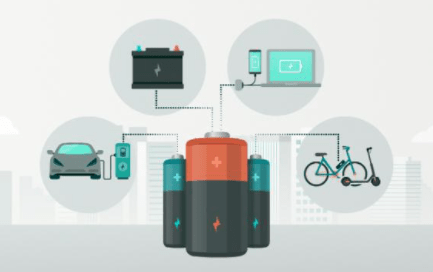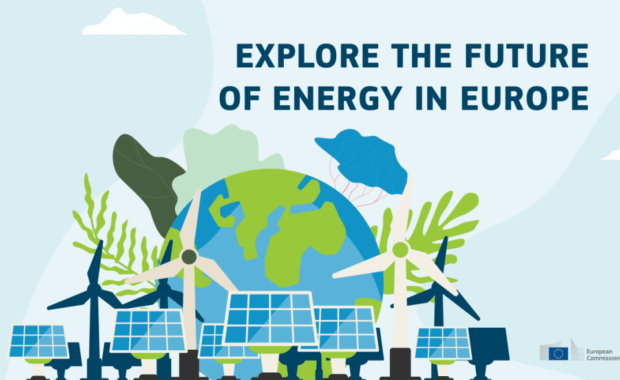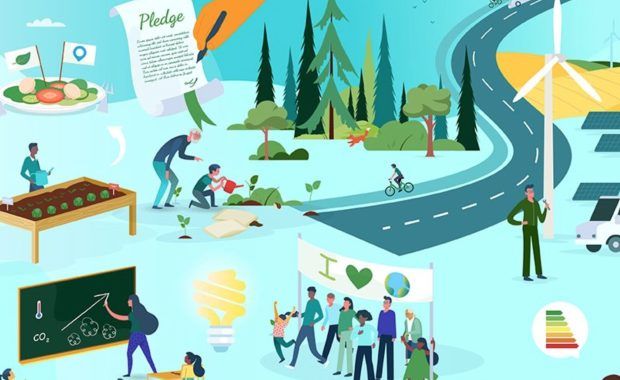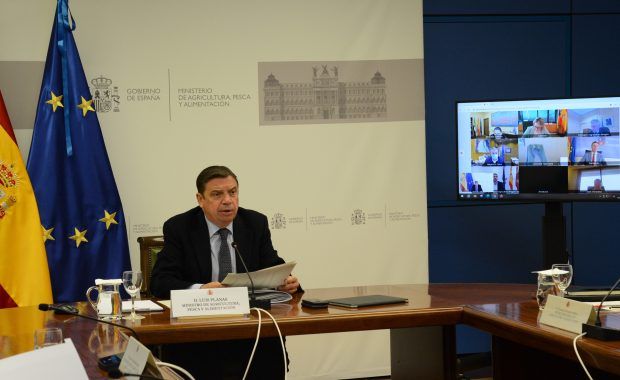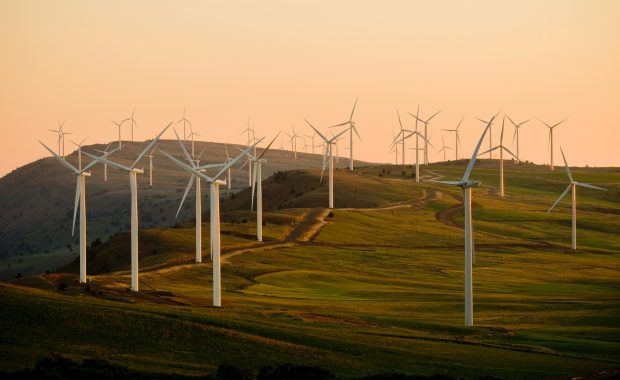During the debate on Wednesday, MEPs underlined the crucial role that batteries have in the transition to a circular and climate-neutral economy and for the EU’s competitiveness and strategic autonomy. The draft legislation was adopted on Thursday with 584 votes in favour, 67 against and 40 abstentions. MEPs are in favour of overhauling the current legislation […]
Read MoreREPowerEU: Joint European action for more affordable, secure and sustainable energy
The European Commission has today proposed an outline of a plan to make Europe independent from Russian fossil fuels well before 2030, starting with gas, in light of Russia’s invasion of Ukraine. This plan also outlines a series of measures to respond to rising energy prices in Europe and to replenish gas stocks for next winter. Europe has been facing increased energy […]
Read MoreSustainable blue economy
The European Green Deal and the Recovery Plan for Europe will define the European economy for many years, or even decades. And the EU’s blue economy is fundamental to both efforts. Not only should the blue economy adhere, like every other sector, to the European Green Deal. It is also indispensable to meet the EU’s […]
Read MoreSupport for Ukraine and the energy situation in Europe
Russian military action in Ukraine is causing major damage to the country’s energy capacities. Energy ministers have said that they are willing and ready to provide assistance to Ukraine in this regard. Moreover, these military operations are leading to an increase in gas prices in the EU as well as in international oil prices. This […]
Read MoreEuropean Climate Pact and the implementation of the Glasgow COP26 outcomes
VALENCIA HOSTS FROM THIS THURSDAY THE EUROPEAN CLIMATE PACT Various activities will be held until Saturday; the Pact will be presented this Friday. A dozen Valencian “ambassadors” will take part in the Pact The European Climate Pact arrives this week in the city of Valencia. The project in question brings together organizations and individuals to […]
Read MoreEurope and Spain bet on space development
After a series of meetings in Toulouse (France), European leaders confirmed their ambitious plans to boost Europe’s position as one of the world leaders in space. Under these plans, the European Space Agency (ESA), the EU and its member states are coming together to ensure that Europe fully exploits its enormous untapped space potential to […]
Read MoreLeading EU initiatives to preserve the oceans
The Commission presented on February 11 ambitious initiatives to promote a cleaner, healthier and safer ocean as part of the EU’s contribution to the One Ocean Summit hosted by France in Brest, demonstrating the EU’s leadership role in providing a global response to ocean challenges. Speaking at the Summit, President Von der Leyen announced three […]
Read MorePetition to activate drought measures in Spain
Luis Planas Puchades, Minister of Agriculture, Fisheries and Food, transferred to the ministries of the Autonomous Communities the priority issues of Spain in the next Council of Ministers of Agriculture of the European Union (February 21): productions and consumption free of deforestation, reciprocity in trade agreements with third parties and measures to curb and mitigate […]
Read MoreRenewable energies continue to be an upward trend
In 2020, solid fossil fuels (coal) continued the downward trend of previous years and clocked another 18.3% fall, decreasing for the fifth consecutive year. Compared with 2015, it has dropped by 40%. Their share in the supply mix is now barely above 10%, while in 1990, it was 25.7%. Although oil (34.5%) and natural gas […]
Read More
